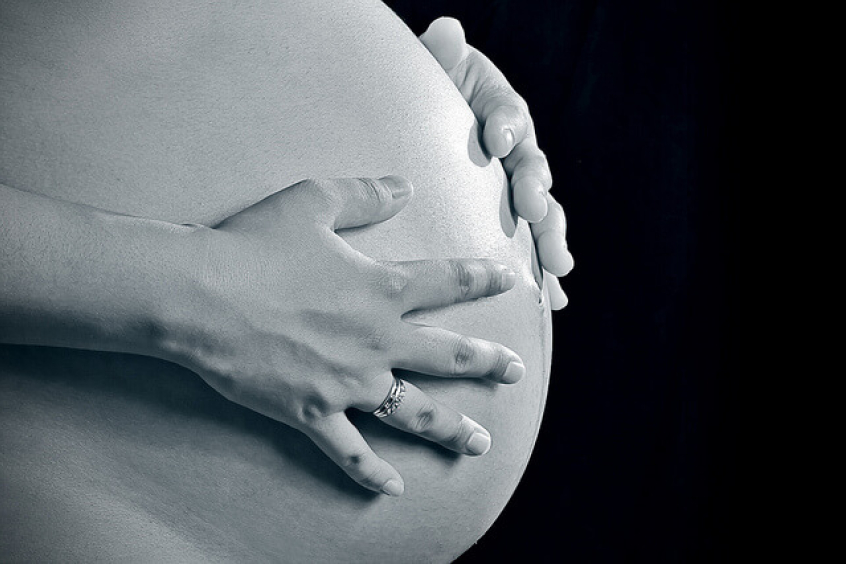
Metformin may soon become not only a common anti-diabetes medication, but also a treatment used for preeclampsia, a disorder specific to pregnancy.
According to a study published last Tuesday in the American Journal of Obstetrics and Gynecology, scientists from Australia's Mercy Hospital for Women and the University of Melbourne have discovered that metformin shows promise in treating preeclampsia, which affects five to eight percent of pregnant women globally.
Preeclampsia happens when there are high levels of at least two of the toxins released by the placenta. Currently, there are no drugs that work by inhibiting the release of these toxins, until now.
The team of researchers led by Dr. Fiona Brownfoot reported that aside from being safe for use in pregnancy, metformin has the ability to reduce the levels of two toxins, soluble fms-like tyrosine kinase 1 and soluble endoglin, and also facilitate in the healing of injured blood vessels.
To get to their conclusion, the scientists performed in vitro and ex vivo tests involving human tissues to study how metformin controls the release of the aforementioned placental secretions. It was then discovered that metformin can reduce the secretion of the toxins.
Meanwhile, Roberto Romero, MD, the journal's editor-in-chief for Obstetrics, described the results to be both exciting and promising. According to a press release, Romero said that metformin acts like the "aspiring of the 21st century, because the drug has been discovered to have unexpected health benefits not only in diabetes."
Brownfoot, on the other hand, also told The Age that the finding is exciting considering metformin is largely used for diabetes in pregnant women and is found to be safe for babies as well.
In addition, the drug is now off its patent, which makes it affordable especially for developing countries. "It's very cheap and it's a tablet so you don't need a fridge to store it, which means it could be the perfect drug for the third world," she told the publication.
Scientists are now hoping to conduct trials with the anti-diabetes drug if it can really prevent and treat preeclampsia. The trials could start early in 2016 if funding is secured, The Age reported.













